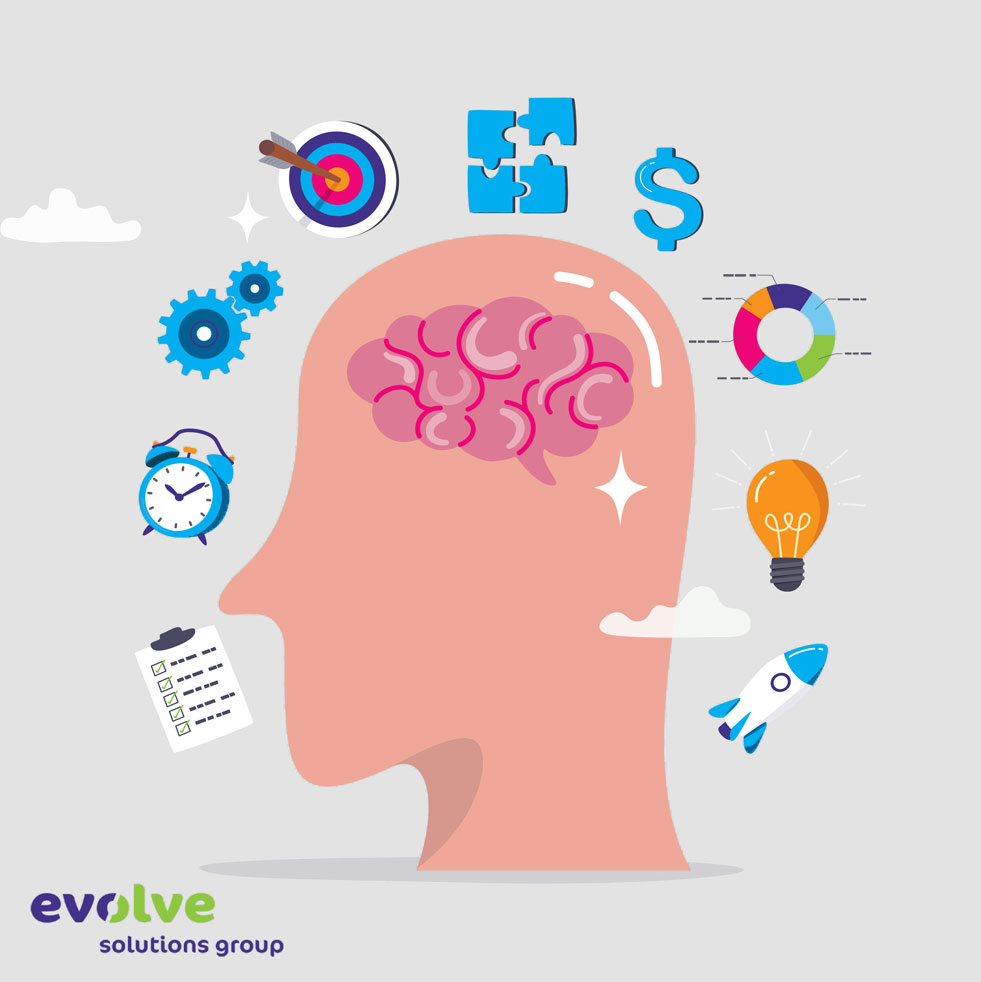 Today, technical skills aren’t enough to guarantee professional success. While job-specific knowledge has always helped to get workers in the door, organizations seek workers who have soft skills that will help them stand out from the crowd. Those who have these essential skills can better foster connections, and successfully navigate challenges in the modern work environment. This is especially important in the world of Learning and Development (L&D). In this industry we’re tasked with bringing these skills out in others. We created a “Top 10 Essential Soft Skills Workbook” for professionals in every industry to learn how to seamlessly integrate these skills into your daily routines. In this article, we’ll look at how these 10 “soft” skills apply to those in Learning and Development directly.
Today, technical skills aren’t enough to guarantee professional success. While job-specific knowledge has always helped to get workers in the door, organizations seek workers who have soft skills that will help them stand out from the crowd. Those who have these essential skills can better foster connections, and successfully navigate challenges in the modern work environment. This is especially important in the world of Learning and Development (L&D). In this industry we’re tasked with bringing these skills out in others. We created a “Top 10 Essential Soft Skills Workbook” for professionals in every industry to learn how to seamlessly integrate these skills into your daily routines. In this article, we’ll look at how these 10 “soft” skills apply to those in Learning and Development directly.
The Role of Soft Skills in L&D
For L&D professionals, soft skills are more than personal assets—they are vital tools for creating effective training. By integrating these skills into their daily routines, L&D professionals can not only enhance their ability to connect with their learners but they themselves can better adapt to changing environments and foster continuous growth within their own organizations.
1. Communication Skills
For L&D professionals, clear communication is essential in conveying complex ideas and ensuring learners understand the concepts presented to them. Sharpening communication skills involves active listening, presenting ideas clearly, and fostering open dialogue. By consistently checking for understanding and encouraging feedback, L&D professionals can avoid miscommunication and ensure their messages resonate with learners.
2. Emotional Intelligence (EQ)
Emotional intelligence is critical in understanding the needs and emotions of learners and stakeholders, which can improve engagement and learning outcomes. By cultivating self-awareness and empathy, L&D professionals can not only express their own ideas better but also better understand others and resolve issues more effectively. This approach fosters a collaborative and supportive environment where everyone thrives.
3. Adaptability
In the ever-changing world of corporate training, L&D professionals must remain flexible and open to new methods and technologies. Adapting to different learning styles, adjusting content to fit varied audiences, and staying current with industry trends make adaptability a must-have skill. This ability ensures L&D professionals can work in dynamic environments and continuously deliver relevant, impactful training.
4. Problem-Solving
L&D professionals are often tasked with resolving learning roadblocks or designing solutions that meet specific organizational needs. Strong problem-solving skills allow them to analyze challenges and develop creative strategies for effective learning. Whether it’s adjusting training content or navigating technological issues, L&D professionals benefit greatly from thinking critically and collaborating with others to find the best solutions.
5. Time Management
Time management is key in balancing multiple projects, deadlines, and training sessions in our fast-paced industry. L&D professionals need to be adept at organizing their schedules, prioritizing tasks, and managing time effectively to ensure that both development and delivery of training are efficient. Efficient time management leads to better preparation and more impactful learning experiences.
6. Collaboration
Successful L&D programs often require collaboration across departments and teams. For L&D professionals, working closely with subject matter experts (SMEs), stakeholders, and learners ensures training content is relevant and effective. By fostering a collaborative environment, L&D professionals can create more engaging learning experiences and ensure that training meets organizational goals.
7. Leadership
Leadership in L&D involves guiding teams and learners through development processes and ensuring that training initiatives align with strategic goals established with stakeholders. Even outside formal leadership roles, L&D professionals often act as leaders by facilitating learning and encouraging growth in others. Effective leaders inspire their learners and colleagues, driving motivation and success throughout the organization.
8. Conflict Resolution
L&D professionals may face conflicting perspectives between stakeholders or differing needs among learners. Resolving these conflicts promptly and constructively ensures that training programs can move forward smoothly. By fostering open discussions and staying objective, L&D professionals can resolve tensions and maintain a positive learning environment.
9. Creativity and Innovation
Creativity is key in designing engaging and impactful learning experiences. L&D professionals must think outside the box to develop training materials that resonate with diverse learners. By fostering creativity and embracing innovative approaches, they can enhance learning outcomes and keep participants motivated. Encouraging brainstorming and experimenting with new methods keeps learning fresh and effective.
10. Critical Thinking
Critical thinking helps L&D professionals assess learning needs, evaluate training effectiveness, and make informed decisions about program improvements. By approaching challenges strategically and seeking diverse viewpoints, they can enhance training content and ensure it aligns with both learner needs and organizational objectives. Encouraging critical thinking among learners also promotes deeper engagement and long-term retention.
Conclusion
Soft skills are the foundation of success in learning and development. By refining communication, emotional intelligence, adaptability, and other key skills, L&D professionals can drive both personal and organizational growth. These essential skills not only enhance professional effectiveness but also create more dynamic, adaptable, and successful learning environments. Don’t forget to download our “Top 10 Essential Skills Workbook,” your roadmap to sharpening the abilities that matter most in today’s competitive work environment.
